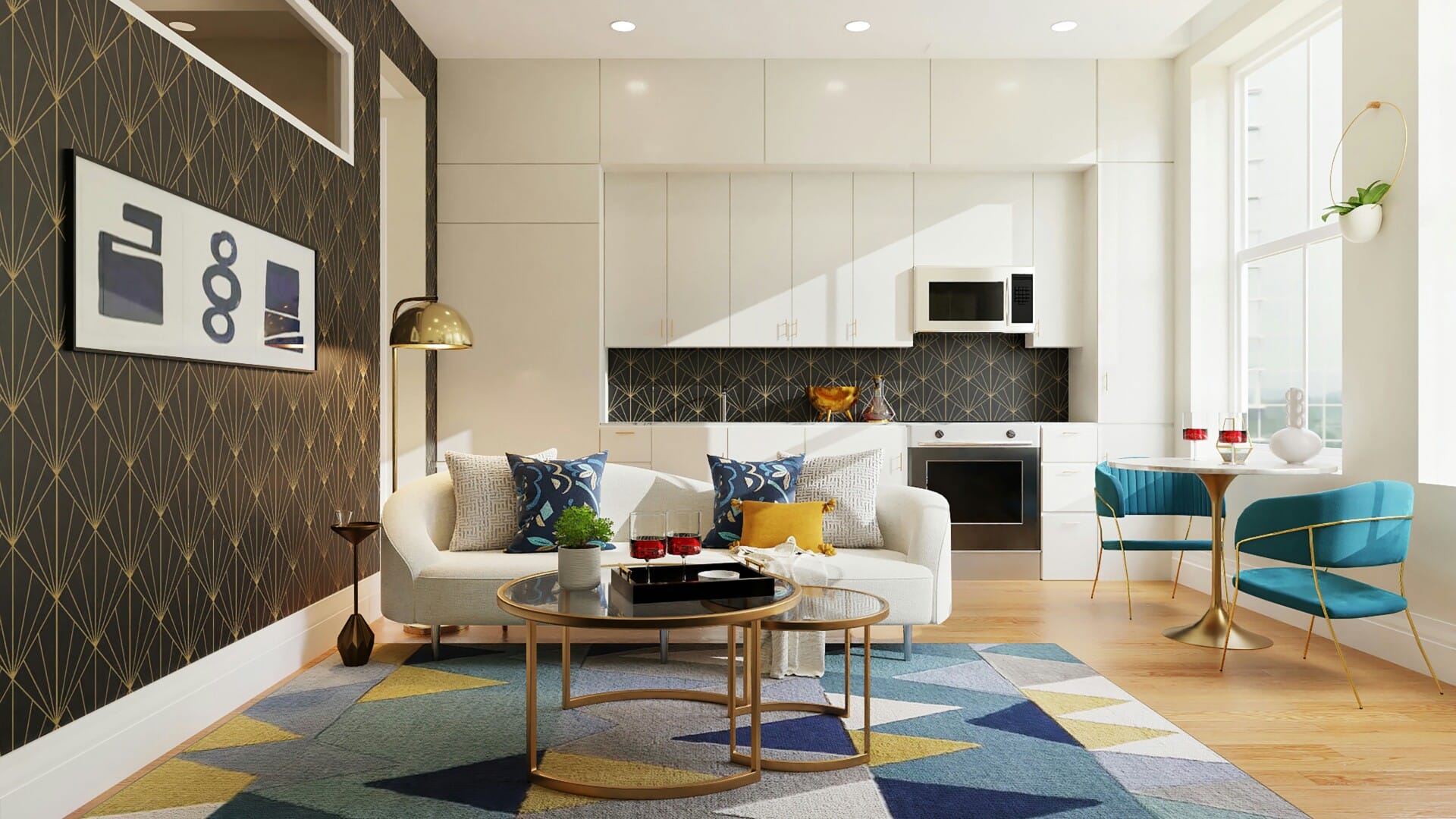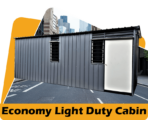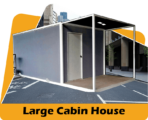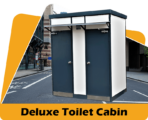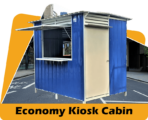In the vibrant landscape of Malaysia’s real estate scene, there’s a game-changer quietly reshaping the way homes are built and sold. Enter the production home builder—a concept that’s not just about putting up houses but about transforming the very fabric of our mass housing market. With a blend of innovation, efficiency, and affordability, these builders are stepping up to tackle the growing demand for quality homes, making the dream of homeownership a reality for many Malaysians. So, what’s the story behind this revolution? Let’s dive in and explore how production home builders are not only changing the rules of the game but also redefining what it means to live in our diverse and dynamic nation. From streamlined construction processes to sustainable design choices, the future of housing in Malaysia is looking brighter than ever!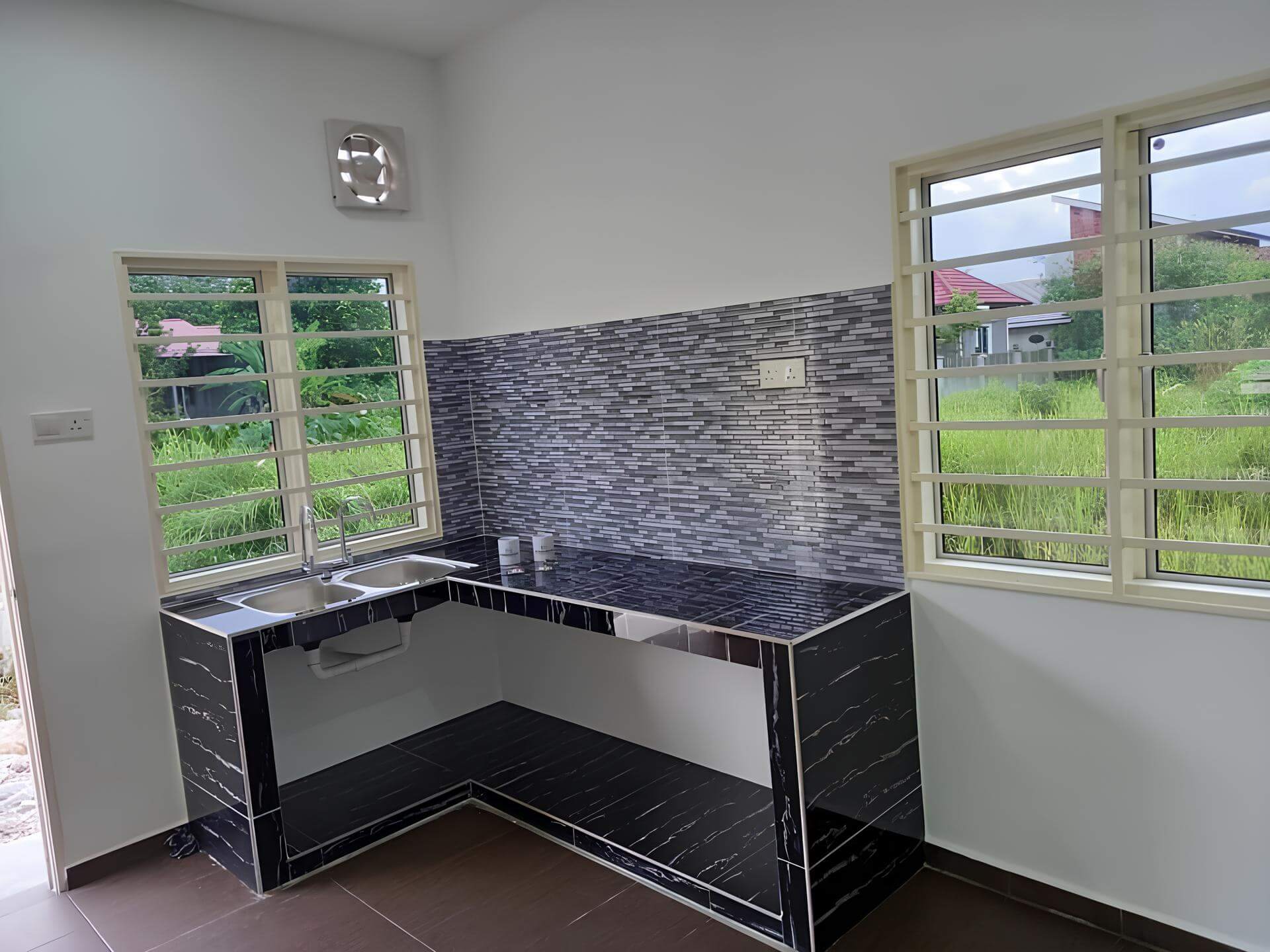
Embracing Efficiency in Construction Techniques
In recent years, production home builders in Malaysia have begun to adopt and implement innovative construction techniques that have significantly changed how we approach mass housing. This shift has enabled builders to reduce construction time and lower costs, all while maintaining high-quality standards. By leveraging modern methods such as prefab panels and modular construction, builders are able to streamline the building process, minimizing the amount of labor and resources typically required. This not only makes housing more attainable for many Malaysians but also supports sustainability through reduced waste.
Another noteworthy technique gaining traction is the use of advanced project management tools powered by technology. These tools facilitate real-time collaboration among architects, engineers, and builders, leading to enhanced communication and coordination. With features like 3D modeling and virtual reality simulations, stakeholders can now visualize projects before ground is even broken. This proactive approach means that potential challenges can be spotted and addressed early on, preventing costly delays and ensuring smoother delivery timelines.
Moreover, the integration of eco-friendly construction practices is becoming a cornerstone of efficient building. Builders are now prioritizing materials that are not only sustainable but also provide better energy efficiency. This lead to homes that not only consume less energy but also result in lower utility bills for homeowners. A glance at the benefits revealed shows:
| Benefits | Description |
|---|---|
| Sustainability | Utilization of eco-friendly materials |
| Energy Efficiency | Lower utility costs |
| Speed | Faster construction timelines |
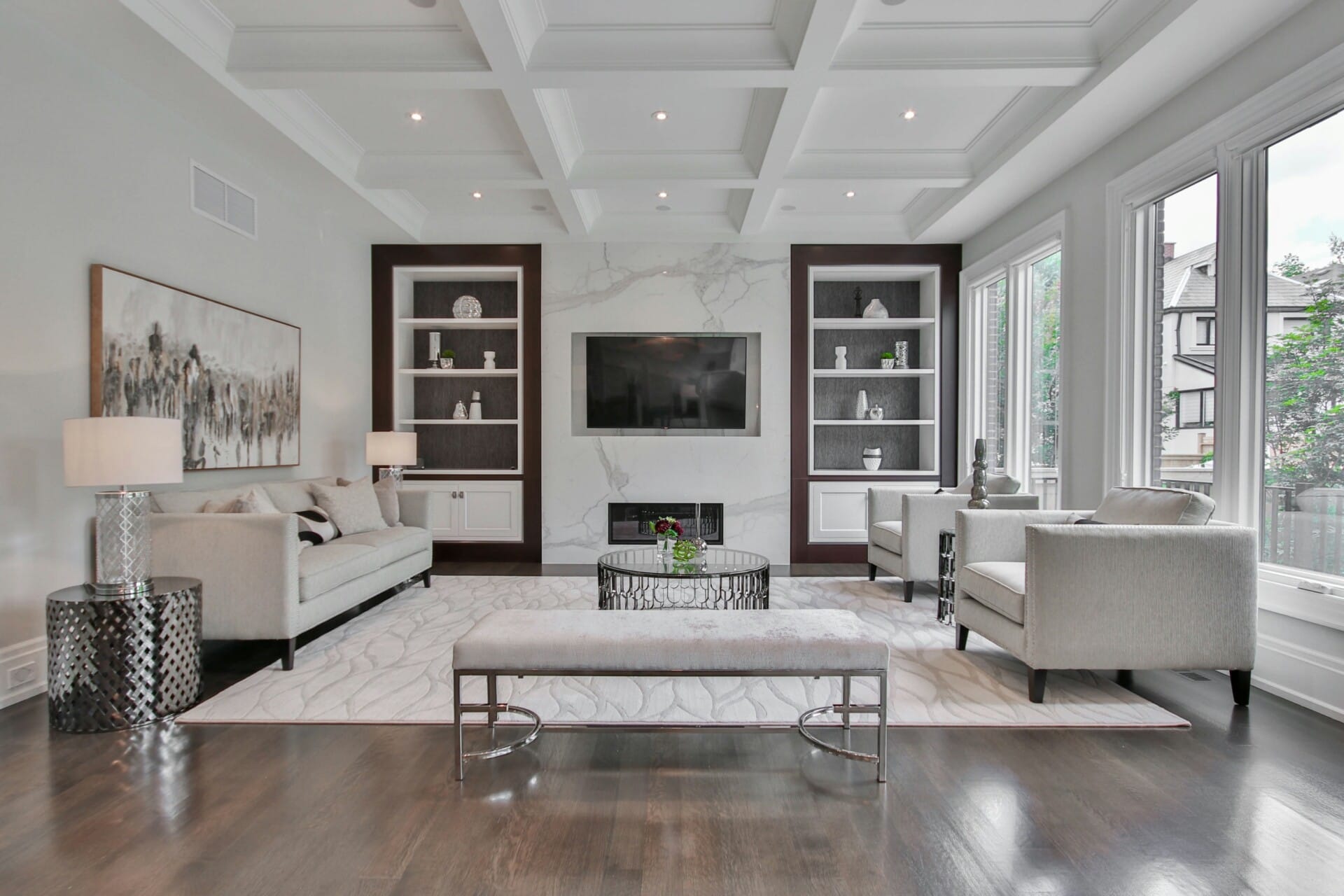
Innovative Design Trends Shaping Affordable Living
When it comes to creating affordable homes, production home builders in Malaysia are leveraging cutting-edge design concepts that prioritize both function and aesthetics. By incorporating modular construction techniques, builders can produce homes more efficiently, reducing costs and time without compromising quality. This approach allows for a variety of customizable layouts that can adapt to the changing lifestyles of families. The use of sustainable materials not only enhances energy efficiency but also minimizes the environmental footprint of new developments.
Another exciting trend is the embrace of smart home technology. From energy-saving lighting systems to advanced security features, incorporating tech in affordable housing is no longer a luxury but a necessity. With many younger Malaysians prioritizing a connected lifestyle, builders are integrating smart technology to meet this demand while keeping the overall costs down. Features like smartphone-controlled appliances and efficient climate control are becoming commonplace, making homes not only more livable but also more appealing in the competitive market.
| Trend | Description |
|---|---|
| Natural Ventilation | Designs promoting airflow reduce reliance on air conditioning. |
| Community-Centric Designs | Creating shared spaces to foster community interaction. |
| Flexible Living Spaces | Adaptable areas that can transform as family needs change. |
Lastly, we cannot overlook the trend of green roofs and outdoor living spaces. These features not only enhance the visual appeal but also contribute to better air quality and reduce urban heat. Affordable housing developments are increasingly featuring gardens, parks, and rooftop terraces, promoting a sense of community and well-being. This blend of nature and living space brings residents closer to the outdoors, creating a healthier lifestyle while also cutting down on urban congestion.
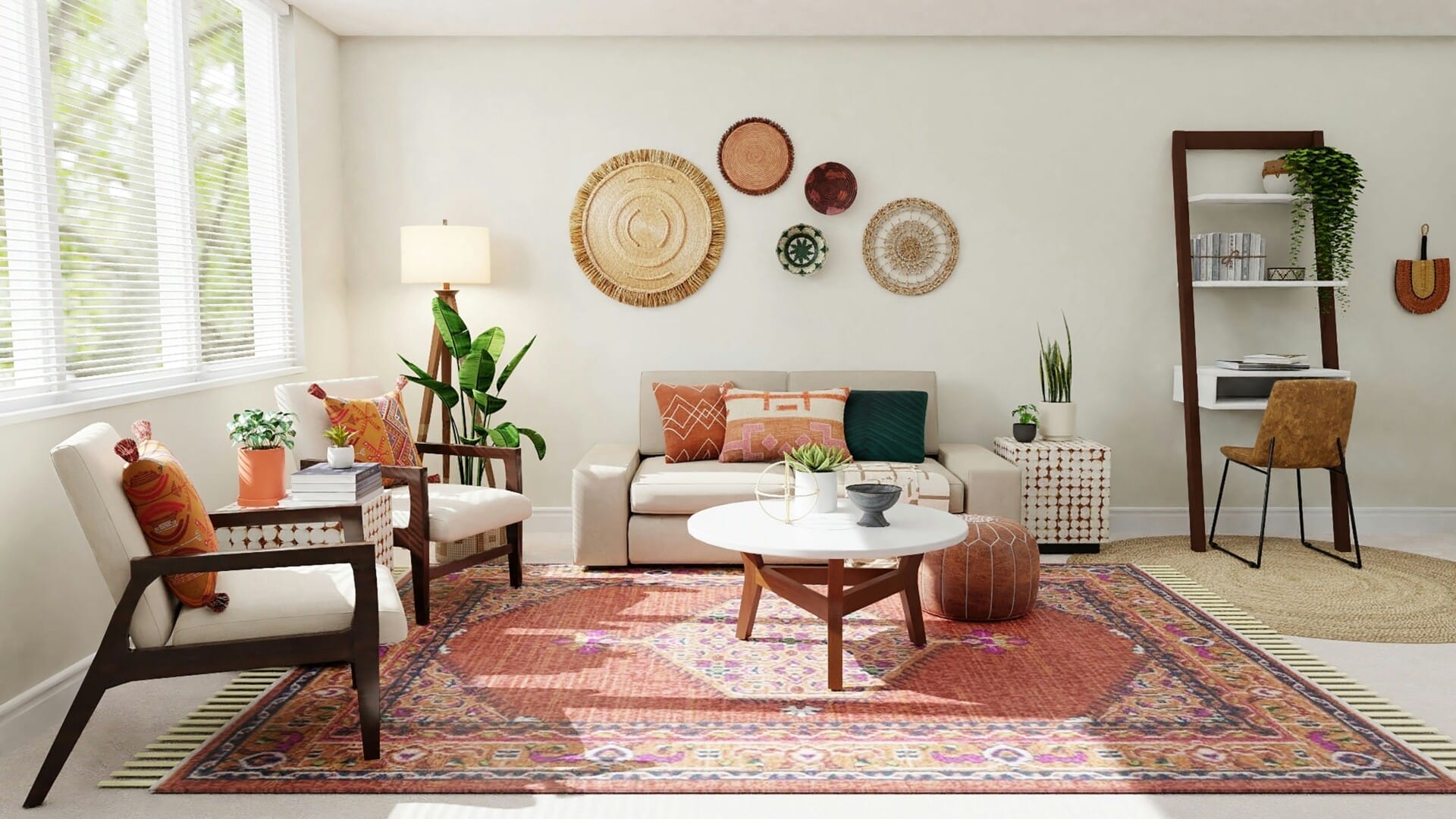
Sustainable Practices Driving the Future of Housing
The landscape of housing in Malaysia is undergoing a significant transformation, thanks to innovative production home builders who are embracing eco-friendly techniques. These builders are integrating sustainable materials and energy-efficient designs into their projects, ensuring that homes are not just functional but also gentler on the planet. By using resources like recycled materials and incorporating renewable energy sources such as solar panels, they’re not only minimizing the carbon footprint of new developments but also promoting a lifestyle that prioritizes sustainability.
In addition to material choices, these builders are rethinking their architectural designs to enhance energy conservation. Homes are being designed with natural ventilation, strategic orientation, and high-performance windows which reduce the need for excessive heating and cooling. This approach not only lowers utility bills for homeowners but also contributes to the overall health of the environment. As these practices become more widespread, communities begin to witness the benefits of sustainable living firsthand, leading to increased awareness and advocacy for greener options.
Moreover, production home builders aren’t just focusing on the here and now; they are laying the groundwork for resilient communities. Through initiatives such as community gardens, green spaces, and water management systems, they are fostering environments where sustainability is part of everyday life. Here’s a quick glance at some of these impactful practices:
| Practice | Description |
|---|---|
| Rainwater Harvesting | Collecting and using rainwater for irrigation and other non-potable needs. |
| Energy-Efficient Appliances | Installing appliances that consume less energy, benefiting both homeowners and the environment. |
| Community Solar Projects | Collaborative solar power initiatives that provide renewable energy to neighborhoods. |
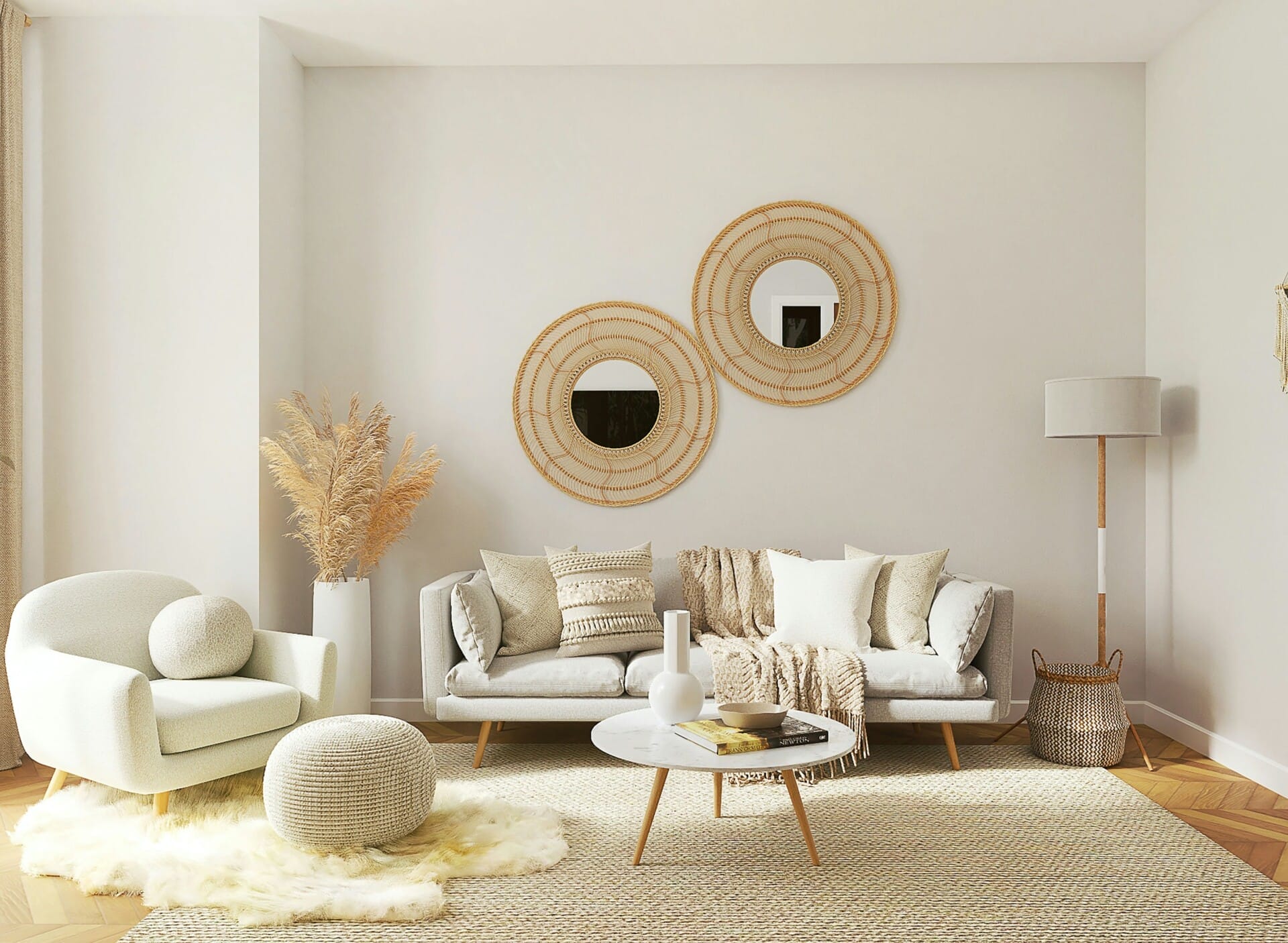
The Role of Technology in Streamlining Production
Technology has become the backbone of modern production methods for home builders in Malaysia. By integrating advanced tools and systems, builders can considerably reduce construction time and enhance the quality of finished properties. One of the game-changers is Building Information Modeling (BIM), which allows builders to create accurate digital prototypes before laying a single brick. This means fewer errors on-site and a streamlined approach from planning to execution.
Another crucial aspect is the use of automation and robotics. These technologies help in tasks like bricklaying and framing, cutting down the labor time and costs associated with manual labor. Furthermore, with the rise of 3D printing, some builders are even able to create components off-site, which can then be easily assembled on location. This not only saves time but also reduces waste, allowing for a more environmentally friendly building process.
Moreover, cloud-based project management tools have transformed how teams communicate and collaborate. Builders can manage timelines, budgets, and workflows in real-time, ensuring everyone is on the same page. This leads to faster decision-making and a more organized approach. To sum it up, embracing technology not only boosts efficiency but also enhances the overall customer experience by ensuring homes are delivered on time without compromising quality.
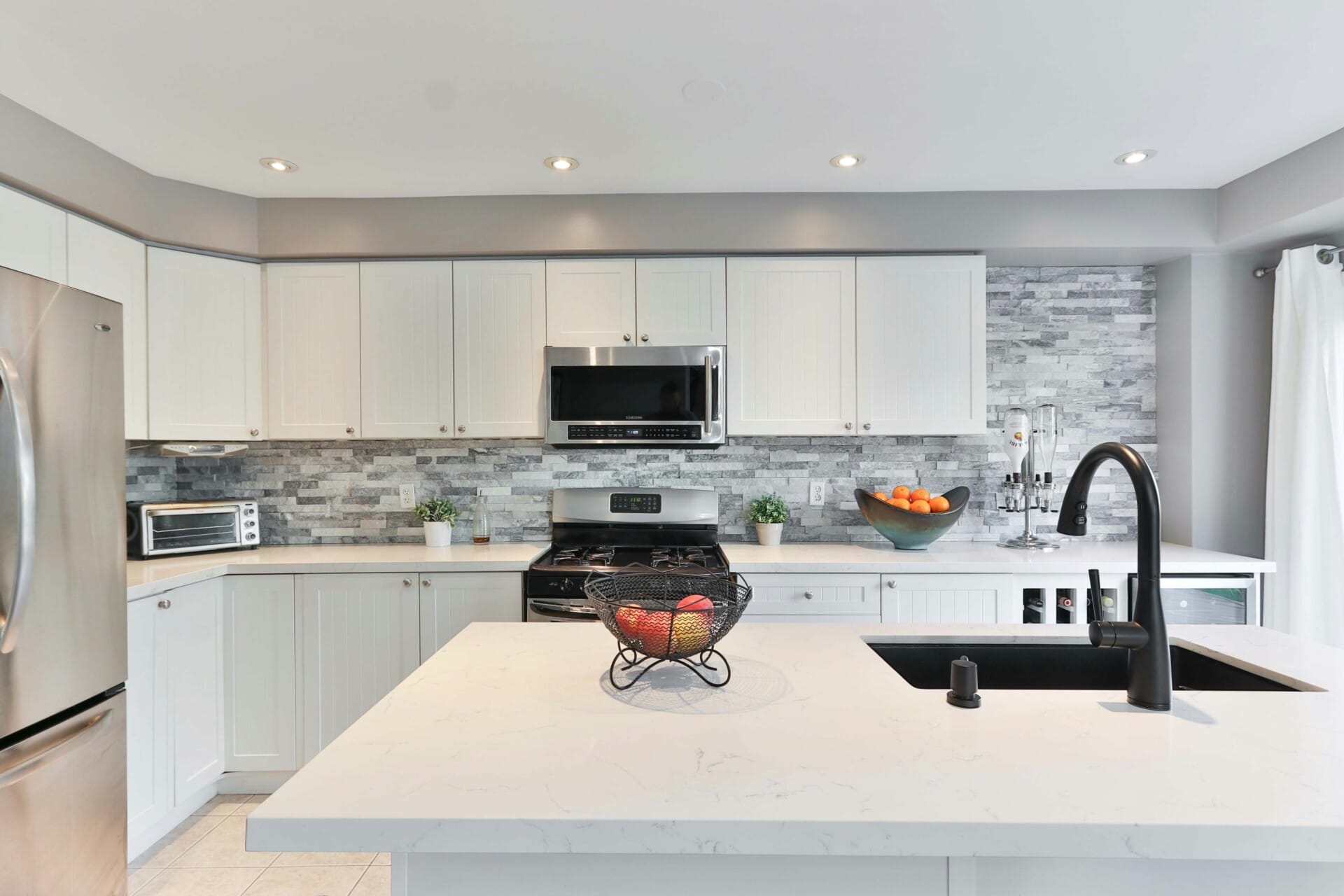
One of the pivotal approaches in modern housing development is the incorporation of community-centric features that foster connections among residents. Production home builders in Malaysia are recognizing this shift and are designing layouts that promote interaction and collaboration. By creating communal spaces such as parks, playgrounds, and gardens, homes are now designed to encourage neighbors to mingle and participate in various activities. This not only enhances the sense of belonging but also cultivates an atmosphere where residents feel empowered to engage with one another.
Furthermore, builders are introducing innovative community programs tailored specifically for their developments. These initiatives may include:
- Regular social gatherings and events, like weekend markets and cultural festivals.
- Skill-sharing workshops that allow residents to teach and learn from each other.
- Collaborative spaces for groups and organizations to hold meetings and activities.
By introducing such programs, production home builders are not only improving the quality of life but also strengthening the ties within the neighborhood, enriching the community fabric as a whole.
| Community Initiative | Objective |
|---|---|
| Monthly Clean-Up Drives | Foster environmental consciousness and teamwork. |
| Game Nights | Encourage fun and camaraderie among residents. |
| Fitness Classes | Promote health and wellness in the community. |
The architecture of new housing developments is also evolving to reflect communal values, with design elements that balance private living with shared experiences. Builders are opting for open plans and features like front porches or balconies that encourage conversation and connection. By reimagining residential spaces, they are not just constructing houses but also creating vibrant communities that support social interaction. This trend marks a significant advancement in how housing developments can serve as a catalyst for community bonding in Malaysia.
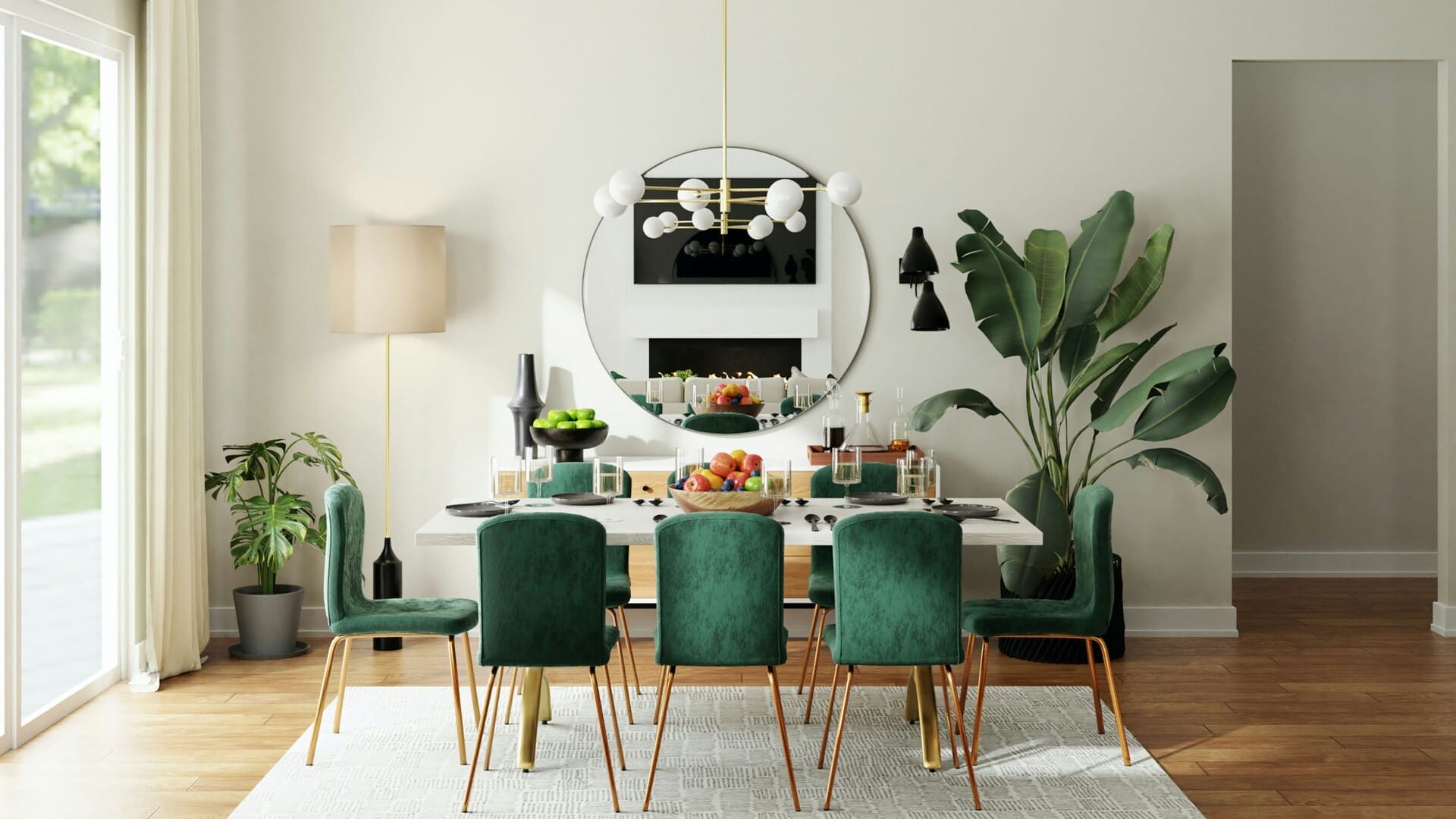
Financing Solutions for Accessible Homeownership
In a country where homeownership seems like a distant dream for many, production home builders are stepping in with innovative financing solutions that cater to a broad spectrum of buyers. By bringing together various financial institutions, these builders are developing packages that enable families to own homes with manageable monthly payments. Home loans paired with government grants, no deposit schemes, and flexible repayment terms make it easier for first-time buyers to step onto the property ladder.
One of the standout features of these financing solutions is the ease of access they provide to potential homeowners. They often include:
- Lower interest rates compared to traditional loans.
- Minimal down payments, reducing the initial financial burden.
- Tailored financial advice that guides buyers through the application process.
By prioritizing affordability, production home builders are not only addressing the needs of buyers but also contributing to Malaysia’s evolving housing market. It’s a win-win situation where builders create sustainable communities and buyers achieve their dream of homeownership without compromising their financial stability.
| Financing Options | Advantages |
|---|---|
| Government Grants | Lower overall purchase price |
| No Deposit Schemes | Instant home access |
| Flexible Repayment Plans | Budget-friendly monthly payments |
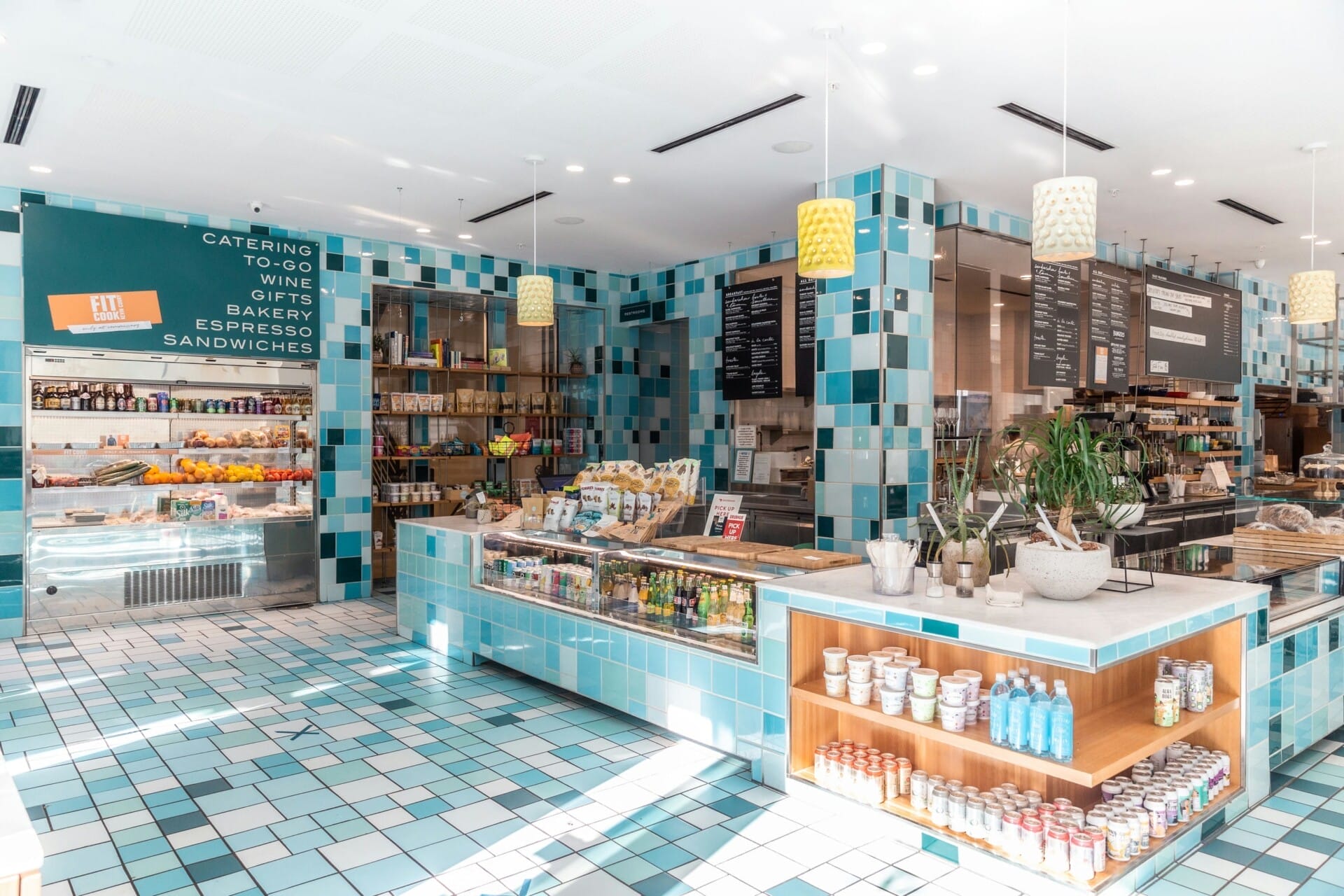
Navigating Regulatory Challenges in Mass Housing
In the fast-evolving landscape of Malaysia’s mass housing market, production home builders often find themselves navigating a complex web of regulations. The challenge lies not only in understanding the existing laws but also in keeping pace with frequent changes and updates. To overcome these hurdles, many builders have adopted a proactive approach, ensuring that their teams are well-versed with both local and federal guidelines. This means investing in training and adopting technology that simplifies compliance tracking.
Furthermore, collaboration with government bodies can prove invaluable. By engaging in regular dialogue and seeking feedback on proposed developments, builders can better anticipate regulatory shifts and adapt their strategies accordingly. Some effective practices include:
- Participation in industry forums – These platforms enable builders to voice concerns and understand the expectations from regulators.
- Establishing partnerships with legal experts – This ensures that builders are always informed about the latest legal frameworks that impact their projects.
- Utilizing compliance software – Streamlining documentation and regulatory checks can save time and reduce errors.
Additionally, the integration of sustainable building practices has emerged as a significant focus area amid regulatory frameworks. Authorities are leaning towards green building certifications and energy-efficient designs, prompting builders to innovate in the materials and techniques they use. Below is a quick comparison of traditional vs. green building practices:
| Traditional Building Practices | Green Building Practices |
|---|---|
| Standard materials | Recycled & sustainable materials |
| High energy consumption | Energy-efficient systems |
| Waste generation | Waste reduction strategies |
This shift not only helps in gaining regulatory approval but also attracts a more environmentally-conscious market segment, ultimately driving long-term success in the competitive housing market.
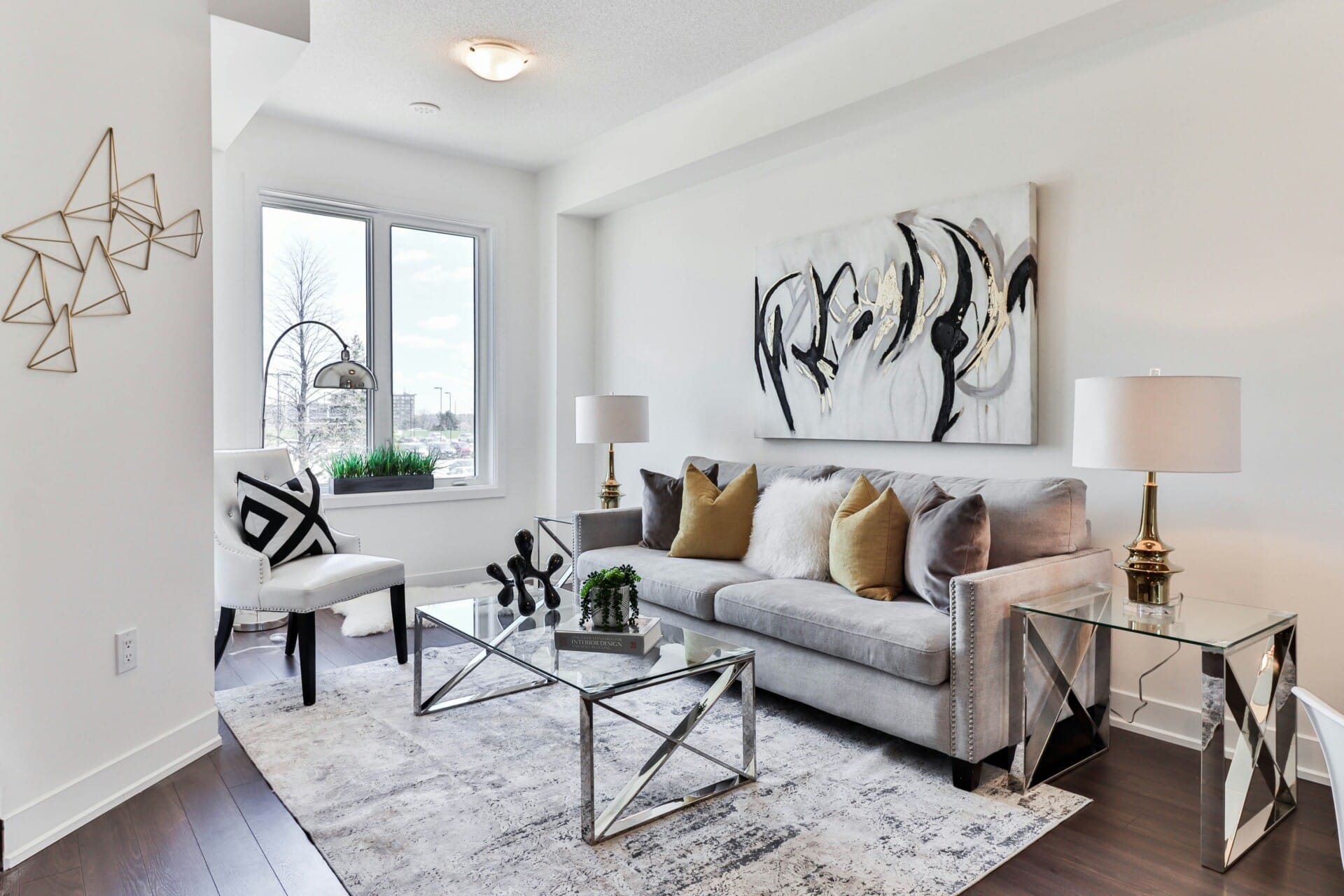
The Path Forward: Strategies for Long-Term Success
To ensure the ongoing success of production home builders in Malaysia’s mass housing market, embracing sustainable practices is crucial. This involves not only eco-friendly building materials but also innovative construction techniques that minimize waste and energy consumption. Builders can explore partnerships with local environmentally-conscious suppliers to obtain materials that are both sustainable and cost-effective. Furthermore, incorporating energy-efficient designs will appeal to eco-aware buyers, leading to a competitive edge in the market.
Emphasizing community engagement is another effective strategy. By involving local communities in the planning and design phases, builders can better understand the unique needs and desires of potential homeowners. This might be as simple as hosting open forums or surveys to gather input. Implementing community-centric features, such as parks, community centers, and convenient access to public transport, can significantly enhance the livability of developments, attracting more buyers who value connection and culture.
Lastly, leveraging technology can revolutionize project management and customer interaction. Utilizing Building Information Modeling (BIM) and advanced project management software can streamline the construction process, helping to keep projects on track and within budget. Meanwhile, employing virtual reality (VR) for marketing purposes allows potential buyers to experience their future homes in an immersive environment, making the purchasing process more engaging and informative. This blend of innovative technology and attentive customer service will ensure that production home builders not only meet current demands but also anticipate the needs of future homeowners.
Final Thoughts
As we wrap up our journey through the exciting world of production home builders and their impact on Malaysia’s mass housing market, it’s clear that we’re standing at the brink of something big. These builders aren’t just throwing up houses; they’re changing the game, making homeownership more accessible and affordable for many Malaysians who dream of owning a piece of their country.
With innovative designs, efficient construction methods, and a focus on sustainability, production home builders are paving the way for a future where comfort meets practicality. Whether it’s a cozy unit in an urban hub or a spacious family home in the suburbs, there’s something for everyone.
So, the next time you stroll through a new housing development or catch a glimpse of those stylish homes popping up around town, remember that these are more than mere structures. They’re symbols of progress and a testament to how smart ideas and collaboration can lead to a brighter, more inclusive future for all Malaysians. Here’s to more homes, more dreams, and a flourishing community!